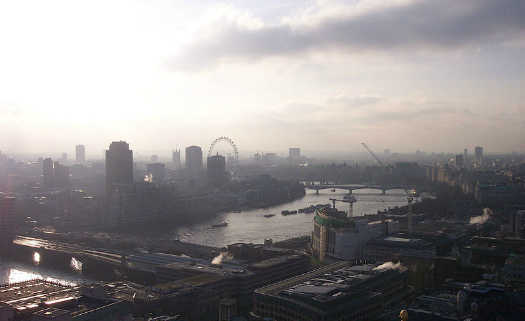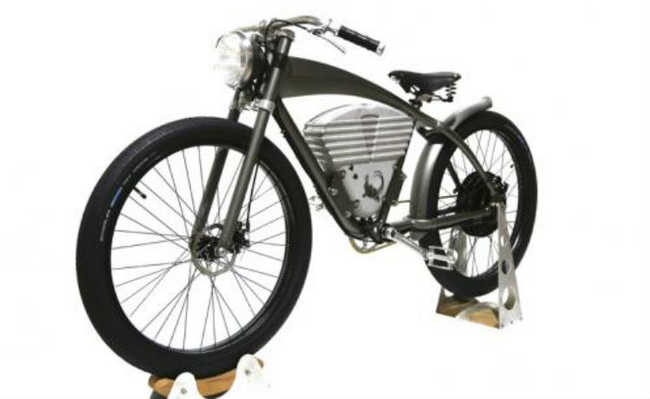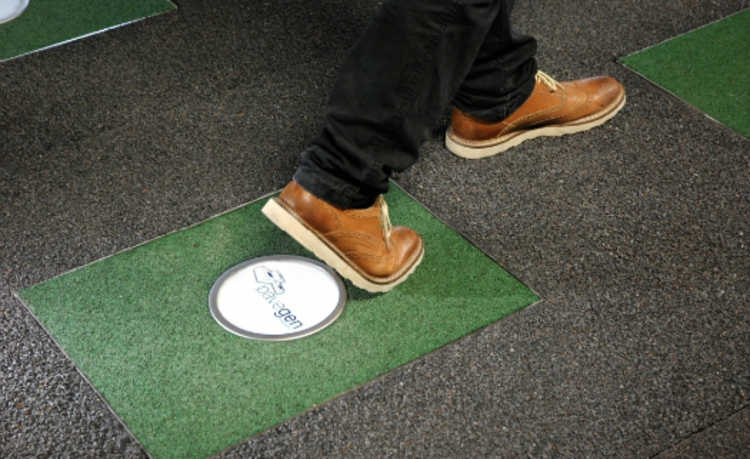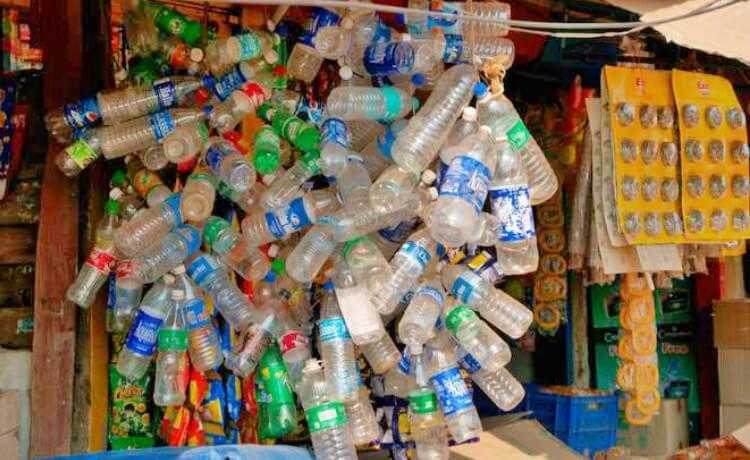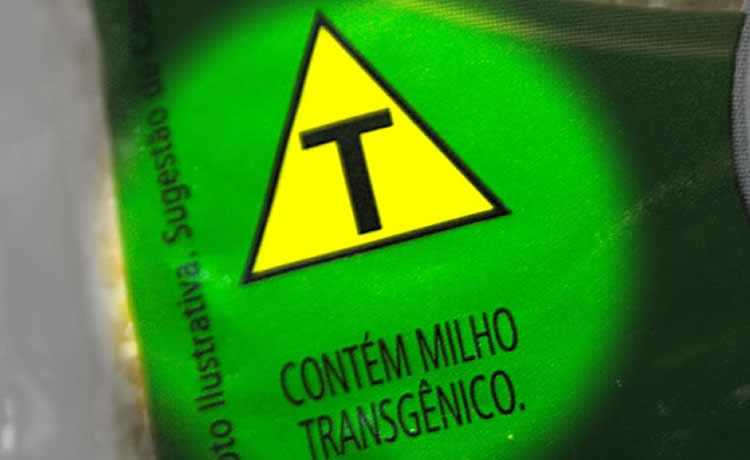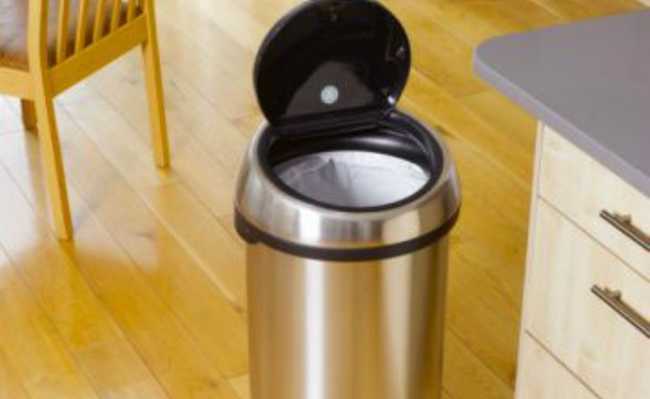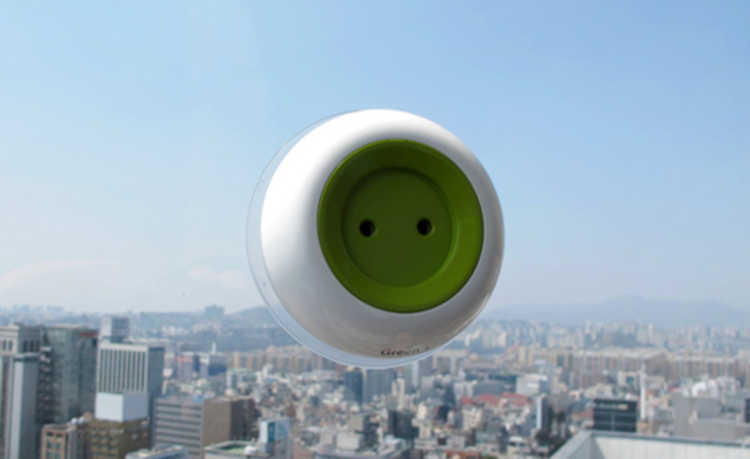How to stop drinking soda and why
Discover the benefits of stopping soda and change this habit as soon as possible
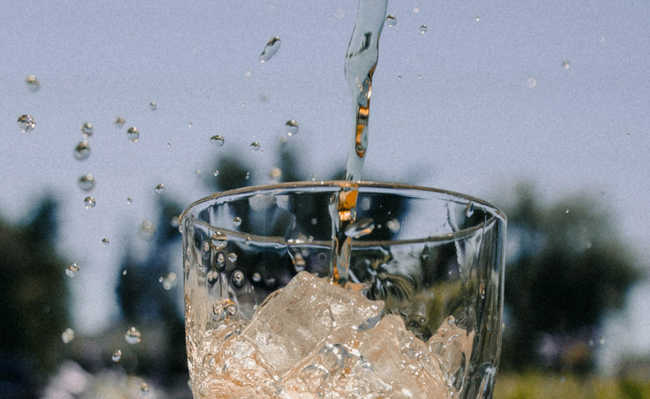
Edited and resized image by William Moreland is available on Unsplash
Knowing how to stop drinking soda is important as it involves more than just willpower. There are biochemical reasons why people crave foods and beverages that are high in sugar.
The human brain has an area called the reward system. It was designed to reward people when they perform actions that promote survival, such as eating (see study about it here: 1). When eating, the brain releases a chemical called dopamine, which your brain interprets as pleasure.
- How To Increase Dopamine With 11 Natural Tips
For more pleasure, your brain continues to seek actions that stimulate dopamine release, including eating (see studies on this here: 2, 3). The problem with soft drinks and other high-sugar foods is that they provide a much greater release of dopamine than whole foods, which can result in uncontrollable craving (see studies on this: 4, 5). This can lead to a vicious cycle, in which the brain increasingly seeks foods rich in sugar to get the same pleasure response (see study about it here: 6).
- How To Replace Sugar With Six Healthy Options
Reasons to stop drinking soda
There are several reasons why you should stop drinking soda:
- Promotes weight gain. Soda is high in calories and does not reduce hunger, making it easier to consume a high number of calories. People who drink soda often weigh more than those who do not drink (see studies about it here: 7, 8, 9);
- It is linked to chronic diseases. Studies have shown that people who drink soda more often have a high risk of chronic diseases such as type 2 diabetes, heart disease and cancer (see studies about it here: 10, 11, 12, 13);
- May contribute to liver disease. Soda is rich in fructose, a type of sugar that can only be metabolized by the liver. Consuming too much fructose can overload the liver and turn fructose into fat, which can contribute to chronic liver disease (see studies about it here: 14, 15, 16);
- May corrode teeth. Soda contains acids, including phosphoric acid and carbonic acid, which can promote an acidic environment in the mouth, leading to tooth decay. When combined with sugar, the effect is more harmful (see studies about it here: 17, 18, 19);
- It's linked to acne. Frequent consumption of soda or sugar increases the risk of moderate to severe acne (see studies about it here: 20, 21, 22);
- Can promote skin aging. Some research suggests that people who consume soda or sugar more often are more likely to have wrinkles and other signs of aging (see studies about it here: 23, 24);
- It can lower energy levels. Soda is high in sugar, which can quickly raise blood sugar levels, followed by a sharp drop, commonly called an accident. Drinking soda frequently can cause fluctuations in energy levels (see study about it here: 25);
- It has no nutritional value. Soda doesn't have vitamins, minerals, fiber or essential nutrients. It just adds excess sugar and calories to your diet;
- It's bad for the environment. Most soft drinks are packaged in PET bottles. And this represents an environmental problem, since a significant part of the plastic that escapes into the environment is made up of PET. Plastic breaks down into microplastics and enters the food chain. In addition, it can have harmful action to the body even before entering the food chain, as it can release endocrine disruptors, such as bisphenols, in food.
- Vitamins: types, needs and times of intake
Is diet soda a better option?
Switching to diet soda often seems like the easiest way to stop drinking regular soda. Instead of being sweetened with sugar, diet sodas are sweetened with an artificial sweetener such as aspartame, saccharin, sucralose, neotame or acesulfame-K (see study on this: 26).
Although diet sodas are low in sugar, they have several disadvantages. They tend to have little nutritional value and still contain several acids that can harm oral health. Furthermore, science is at odds over whether diet soda intake is linked to disorders such as kidney disease, type 2 diabetes and heart disease (see studies on this here: 27, 28, 29, 30).
- Is diet soda bad?
- Six natural sweetener options without synthetic sweetener
Most human studies of diet soft drinks are observational; therefore, higher quality research is needed to understand the relationship between diet soft drinks and chronic disease.
If you want to replace your soda with a diet soda, there are definitely better options to consider from a health standpoint, including sparkling water, herbal teas, and the other options mentioned in the next section.
- Is sparkling water bad?
how to stop drinking soda
While it can be difficult to stop drinking soda, even though you know it's bad for you, there are several steps you can take to reduce your soda consumption and regain your health. Check out:
drink more water
In some cases, the desire to drink soda can be confused with thirst. If you feel like drinking soda, try drinking a large glass of water first and wait a few minutes. It is possible that you will find the desire disappearing after you quench your thirst. Water is not only excellent for quenching thirst, it also helps to keep you hydrated.
stay away from the soda
If you feel like drinking soda, try to distance yourself from that thought. Acts like walking or taking a shower can help change the thought process and environment of desire and stop it altogether. Some studies have shown that chewing gum can also help to curb cravings (see study about it here: 31, 32). Another thing you can do is make sure there are no sodas in your home or easily accessible areas to help reduce temptation and minimize cravings.
avoid getting hungry
Hunger is one of the main motivators of cravings, including cravings. So making sure you don't get hungry can help you fight cravings for soda.
To avoid hunger, eat regularly throughout the day and have healthy snacks nearby if you feel hungry. Preparing your meals can also help you avoid situations where you get hungry.
Opt for a healthy sweet candy
In some cases, the strong urge to drink soda can be curbed by replacing it with a sweet, healthy alternative. Some healthy treats you can choose in place of soda include:
- Fruits such as apples, berries, pineapples, mangoes and grapes;
- Sugar-free chewing gum;
- Coconut milk yogurt with a few small pieces of fruit.
However, avoid substituting soft drinks for fruit juices. Although fruit juices contain more nutrients than soda, they are very high in sugar. Learn more about this topic in the article: "Are natural juices harmful like soft drinks?".
Try to manage your stress levels
Stress can often induce the urge to eat unnecessarily, especially among women (see study about it here: 33). Numerous studies have shown that stressed people tend to consume more calories and have more cravings than non-stressed individuals (see studies about it here: 34, 35, 36). There are several ways to help relieve stress, including regular exercise, meditation, yoga practice, deep breathing, and mindfulness.
- 12 Amazing Benefits of Meditation
Try an alternative to soda
Sometimes the easiest way to control a desire is to replace it with something similar. While opting for a diet soda can help you cut down on calories, there are many healthier options, including:
- Sparkling water with infusion. Add slices of your favorite fruits to sparkling water for a delicious soda substitute;
- Sparkling green tea. Several companies produce sparkling green tea that contains much less sugar than soda and provides the benefits of green tea;
- Kombucha. This delicious probiotic drink is associated with many of the same health benefits of drinking tea;
- Water with mint and cucumber. This refreshing drink can not only quench your thirst, but also help reduce your craving for soda;
- Herbal or fruit teas. These drinks are not only calorie-free, but can even have health benefits;
- Coconut Water. While not calorie free, this natural drink is still a much healthier choice than sugary soda.
Create a support system
Many people often consume soda in social situations. If you're trying to stop drinking soda, it's a good idea to let those closest to you know. That way they can help you stay responsible and on track.
Potential Side Effects of Stopping
When you reduce your soda consumption, it can have side effects.
If you are used to drinking several cans of soda a day, you may experience caffeine withdrawal symptoms, as most popular soda brands contain caffeine.
Caffeine withdrawal symptoms include headaches, fatigue, anxiety, irritability and low energy. However, these symptoms only occur in the first days to 1 week after cutting caffeine and are temporary (see study on this: 37).
In addition, there are ways to reduce the likelihood of these symptoms, including:
- cutting slowly
- Drink lots of water to prevent dehydration
- Sleep a lot to fight fatigue
In addition to caffeine withdrawal, you may experience strong cravings for soda or sugar cravings, which can be counteracted by choosing a soda alternative, opting for a healthier candy, and following the other strategies mentioned above.


